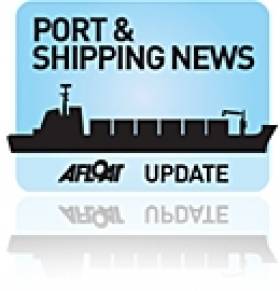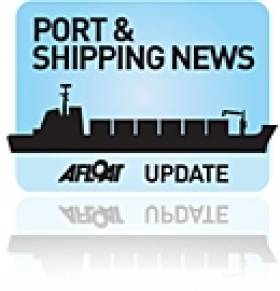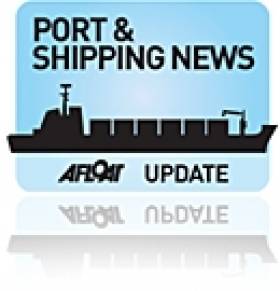Displaying items by tag: Bremore
Expansion Is The Only Way Says Dublin Port Chief
Trade at Dublin Port is set to more than double over the next 30 years, according to its chief executive Eamonn O'Reilly.
In an interview with The Irish Times last week, O'Reilly elaborated on the new 'master plan' for the port, which is based on an estimated trade growth to 60 million tonnes (or 2.5% annually) by 2040.
“Last year’s growth [of 6.1%] suggests to me that we need to get our planning caps on and get a solid and robust master plan in place,” said O’Reilly.
The master plan, according to the Dubin Port chief, will require expansion of the existing port by reclaiming up to 40 hectares, as well as a greater integration with bordering areas.
Previous attempts to expand have faced much opposition from conservation groups and local residents for a number of years.
O’Reilly stressed that the local community will be engaged on the issues involved before Dublin Port produces a final proposal at the end of the year.
But he also insisted that "there’s no project [that hee knows of] for port expansion that doesn’t involve reclamation", despite proposals to establish a new port at Bremore.
Read more of the Irish Times interview with Eamonn O'Reilly HERE.
New Life for Bremore Port Development
Drogheda's port company has redrafted its plan to develop a €300 million deepwater harbour in north Dublin.
The semi-State Drogheda Port Company previously failed to get approval from then Transport Minister Noel Dempsey when it first submitted proposals for the port at Bremore, near Balbriggan, in 2009.
The Sunday Business Post reports that the project would require a Ministerial Order to sanction the extension of Drogheda port's boundaries into Co Dublin under the Harbours (Amendment) Act 2009.
Previously any such extension would have been "legally problematic", in the words of Attorney General Paul Gallagher.
No planning application has yet been made, but partners in the venture are reported to be making preparations.
A public consultation on the previous proposals was conducted in September 2009.
Volumes Increase at Drogheda Port
In order to facilitate the recovery of the economy, ports with increased capacity will play a vital strategic role in expanding export-driven trade. Plans by the Drogheda Port Company to the development of a proposed new port at Bremore in north Co. Dublin, remain a key objective of the company, with a planning application currently in preparation.































































